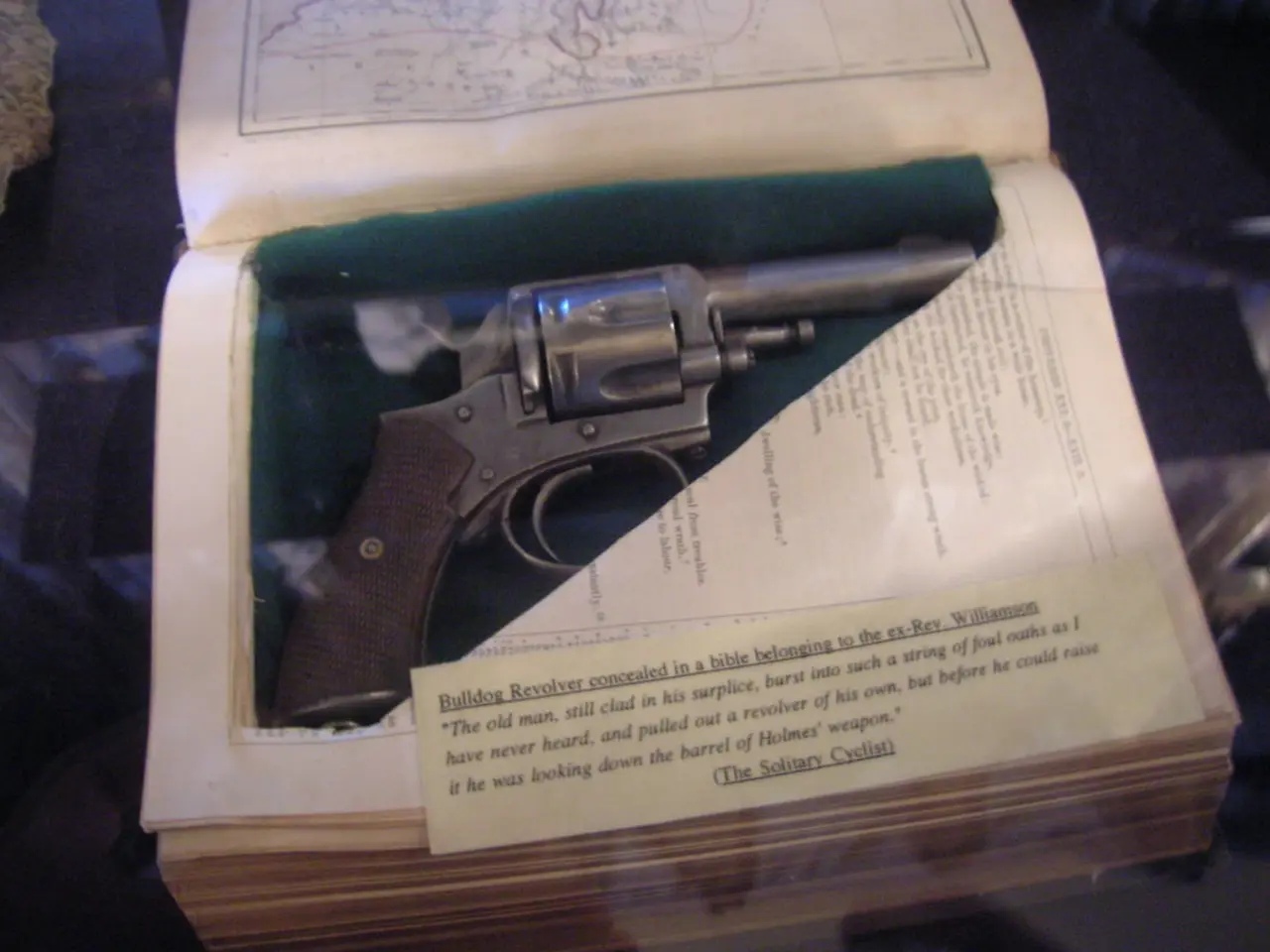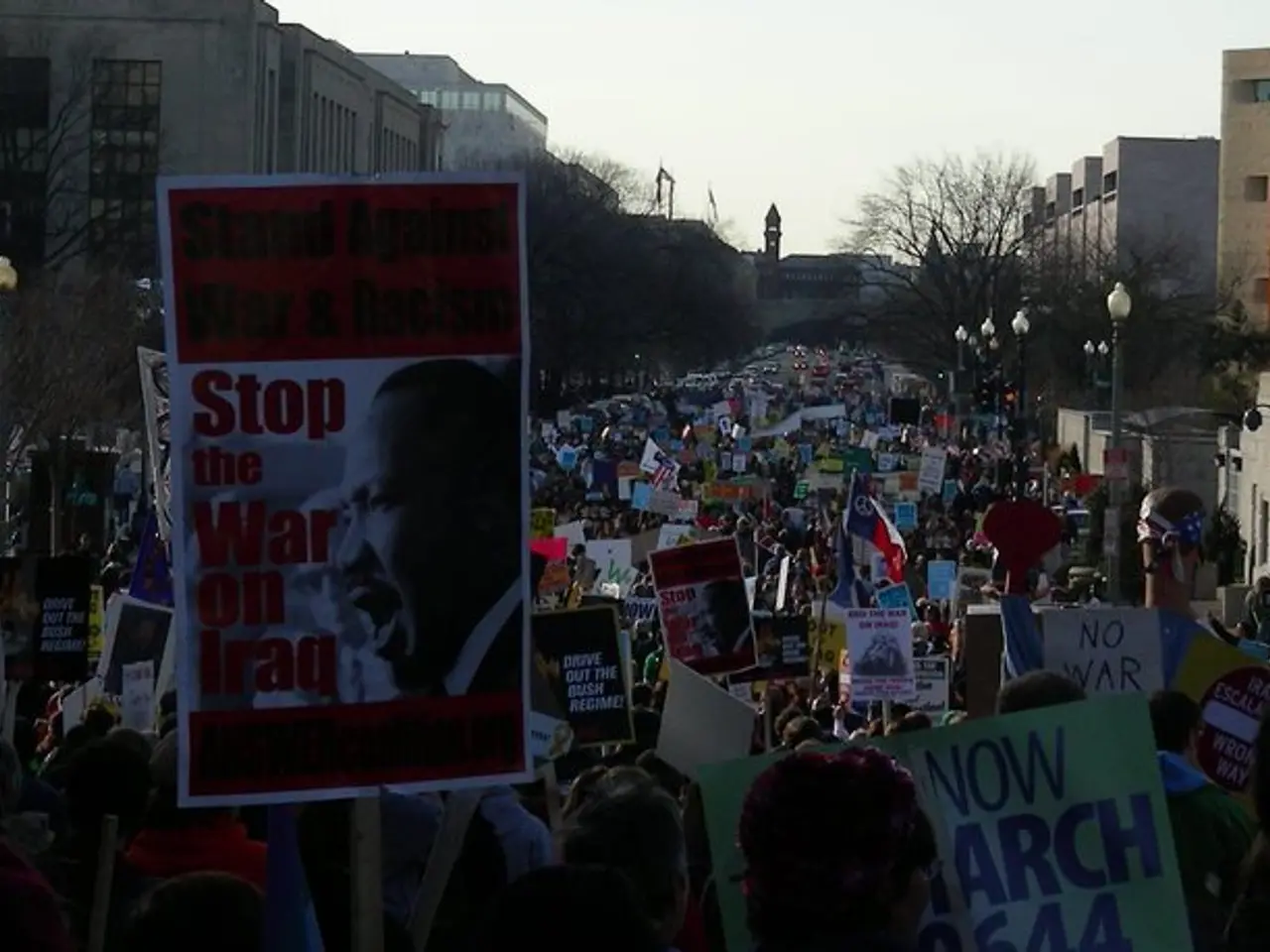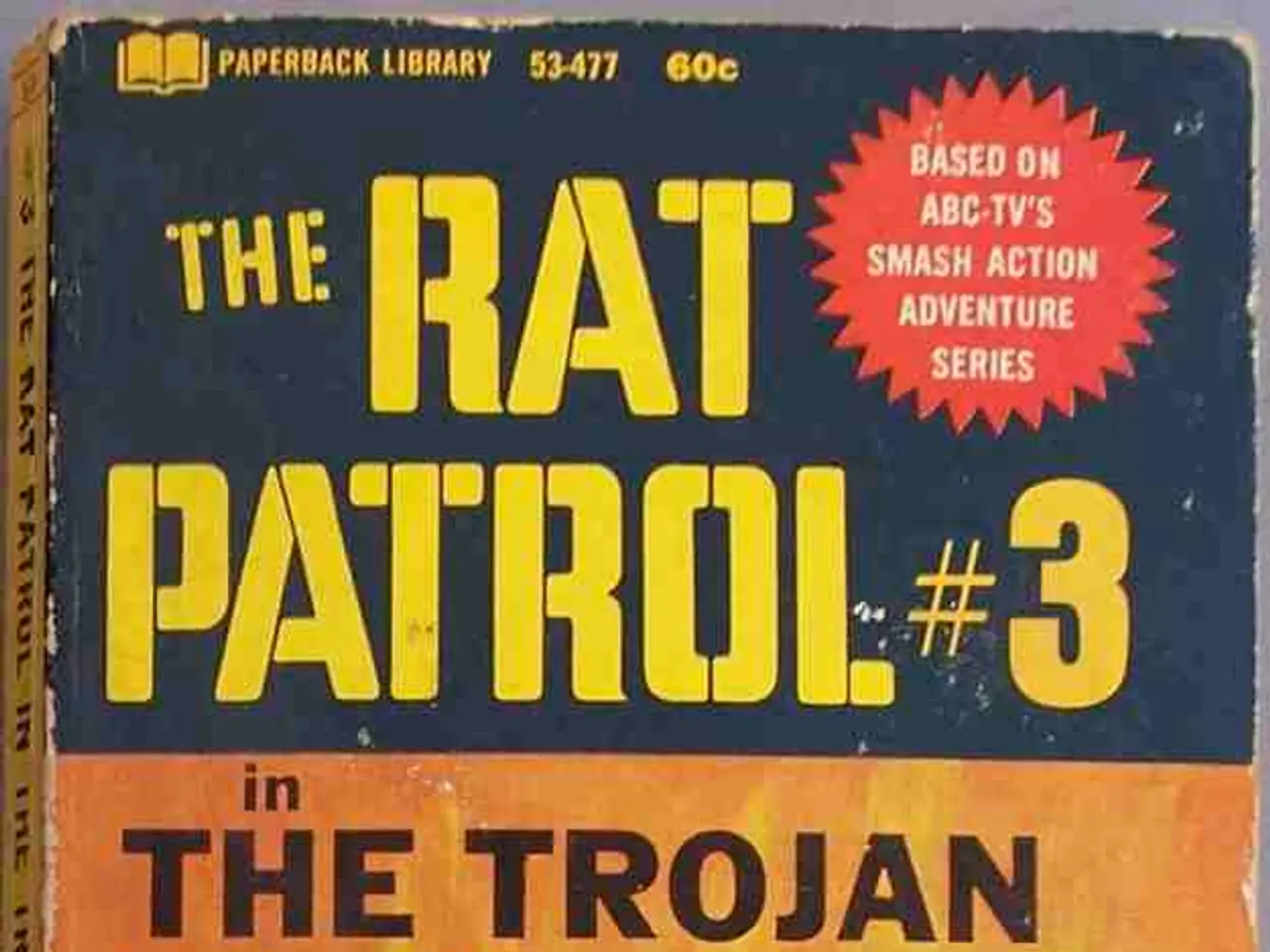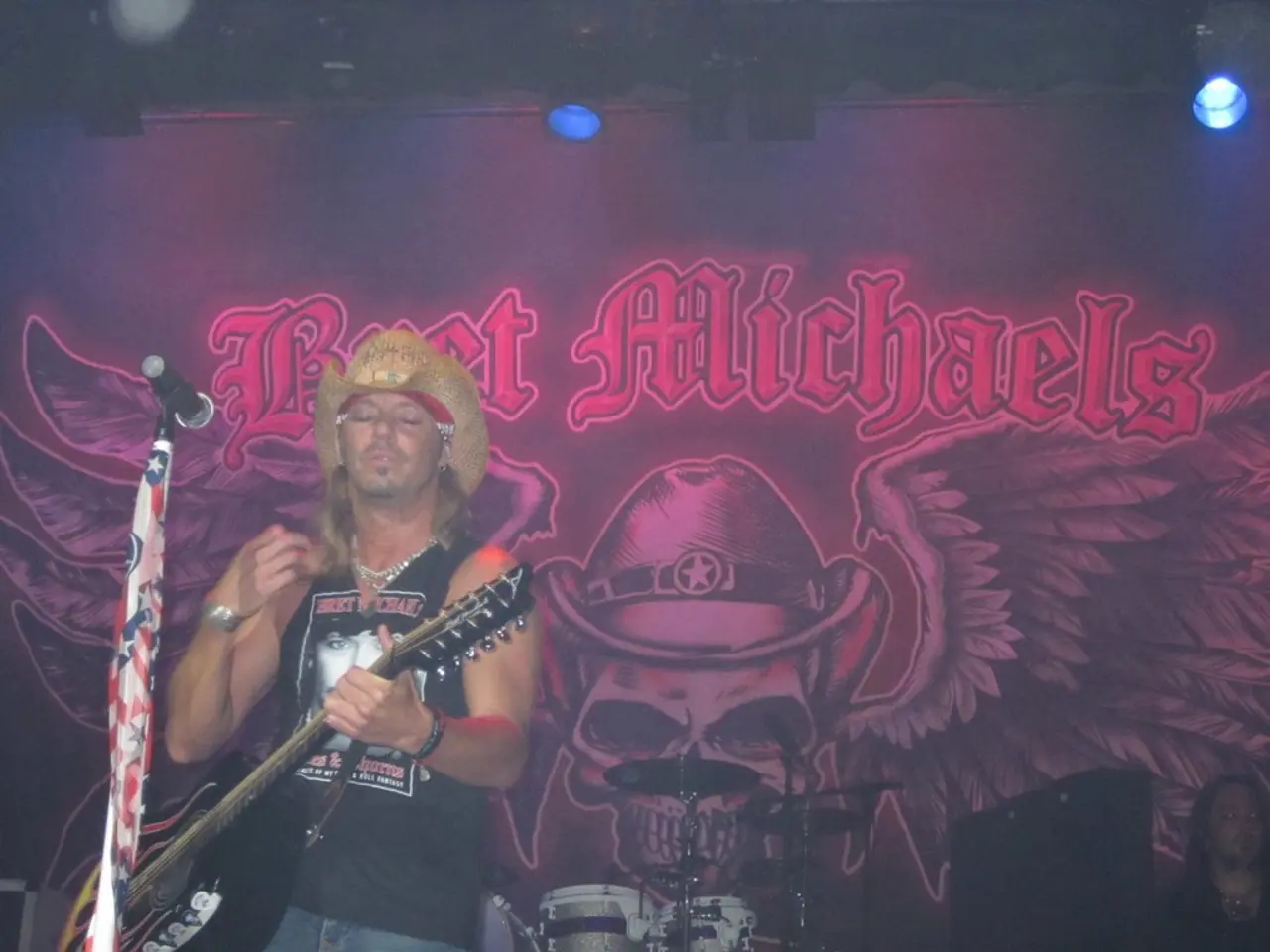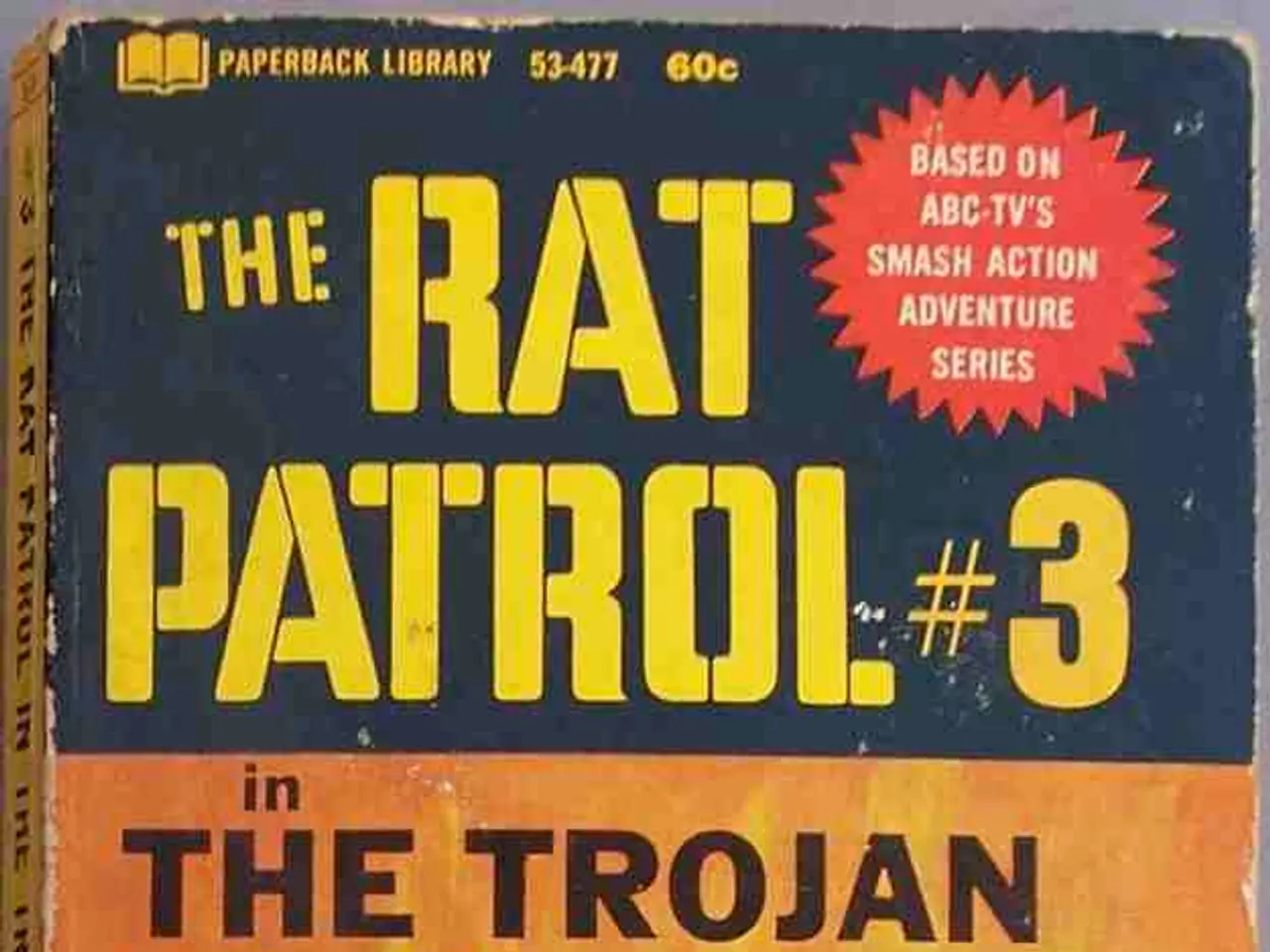Political Landscape of the Nation |
Let's Break Down the Silencer Issue in the Senate
By RAY D. CASH
WASHINGTON, D.C. - The Republicans' attempt to lessen restrictions on gun silencers and short-barreled rifles and shotguns has hit a massive roadblock as the Senate parliamentarian advised that these changes must clear a 60-vote threshold if added to the big tax and immigration bill.
Gun enthusiasts have been pressing hard for this measure, aiming to treat silencers, known as "suppressors" in the firearms industry, and short-barreled firearms as long guns. Meanwhile, gun-control groups applauded the decision, asserting that these items are dangerous, particularly for first responders and communities.
In the House version of the GOP's bill, silencers were eliminated from a 1930s law regulating especially dangerous firearms, effectively erasing a $200 tax in the process. The Senate, however, kept the provision on silencers and broadened it, including short-barreled, or sawed-off, rifles and shotguns as well.
Under the National Firearms Act, potential buyers of these restricted weapons are subject to a detailed fingerprint-based background check, with no time limit imposed. This process is significantly more extensive than the name-based background check usually completed for other firearm purchases.
The silencers provision was deemed a violation of the "Byrd Rule," which forbids budget changes in the legislation from being "merely incidental" to the policy changes. The rule aims to discourage provisions unrelated to spending or taxes from being included in the bill.
"It's no surprise that the Republicans are eager to placate the gun lobby by rolling back gun safety measures," said Sen. Ron Wyden, D-Ore, "but such policy doesn't belong in a reconciliation bill."
Gun rights groups contended the $200 tax and the lengthy background check process, which often takes weeks to months, are problematic.
Larry Keane of the National Shooting Sports Foundation, who backs the legislation, maintained before the ruling that the proposed modifications were supposed to help target shooters and hunters protect their hearing by using silencers. He asserted that instances of silencers being used in violent crimes are uncommon. "All it was intended to do was to reduce the firearm's sound to hearing safe levels," Keane said.
The National Rifle Association's Institute for Legislative Action, led by executive director John Commerford, disagreed with the parliamentarian's decision, pointing out that she was initially appointed by former Senate Majority Leader Harry Reid, a Democrat.
"Nevertheless, we remain committed to working with our allies on Capitol Hill to abolish the unjust tax burden on these constitutionally-protected arms," Commerford said.
Giffords, a gun violence prevention organization founded by former Rep. Gabby Giffords who was grievously wounded in a 2011 mass shooting, was among the groups opposing the measure. Emma Brown, the group's executive director, stated, "Abolishing safety regulations on gun silencers would have made it simpler for violent criminals to evade, putting both law enforcement and civilians at greater risk."
Removing safety regulations on short-barreled firearms, Brown added, would have merely facilitated more criminals accessing these easily concealable weapons, which can be easily brought into large crowds.
The gun language received strong backing among Republicans but has received little attention as House Speaker Mike Johnson, R-La., and Senate Majority Leader John Thune, R-S.D., negotiate differences within the party on cuts to Medicaid and energy tax credits, among other issues.
Overall, this issue is one of numerous policy and spending items incorporated into the legislation to attract members to vote for it, and it carries significant implications for years to come.
Insights:- The parliamentarian's ruling is based on the Byrd Rule, which is a special rule within budget reconciliation procedures aimed at deterring various provisions unrelated to spending or taxes from being included in the bill.- Silencers, or suppressors, are devices attached to firearms to reduce the sound made by gunshots for hunters or target shooters, but there are concerns they may provide an advantage to criminals in certain circumstances.- First responders, law enforcement, and civilians may face potential risks if the regulations on gun silencers and short-barreled firearms are relaxed.- The provision removal from the reconciliation bill could discourage some Republican supporters from voting for the legislation, as it has gained significant backing within the party.
- The Senate parliamentarian's ruling has blocked the Republicans' efforts to ease restrictions on gun silencers and short-barreled rifles and shotguns, as these changes need to pass a 60-vote threshold if added to the tax and immigration bill.
- Law enforcement groups and gun-control organizations support this decision, arguing that silencers can be dangerous, particularly for first responders and communities, and can make it more challenging for law enforcement to respond effectively to crimes.
- In the House version of the GOP's bill, the elimination of silencers from a 1930s law regulating dangerous firearms removed a $200 tax, but the Senate kept the provision on silencers and expanded it to include short-barreled firearms as well.
- According to the National Firearms Act, potential buyers of these restricted weapons have to undergo a detailed, fingerprint-based background check, with no time limit on the process, which is more extensive than the name-based background check for other firearm purchases.
- In entertainment and general news, the debate over gun silencers and short-barreled firearms has been a topic of concern, with some advocates arguing that the proposed changes would help target shooters and hunters protect their hearing, while others contend that it could make it easier for criminals to commit crimes.
- The issue of gun rights and the regulations on silencers and short-barreled firearms is just one of several policy and spending items being discussed in the current legislation, with significant implications for years to come.
